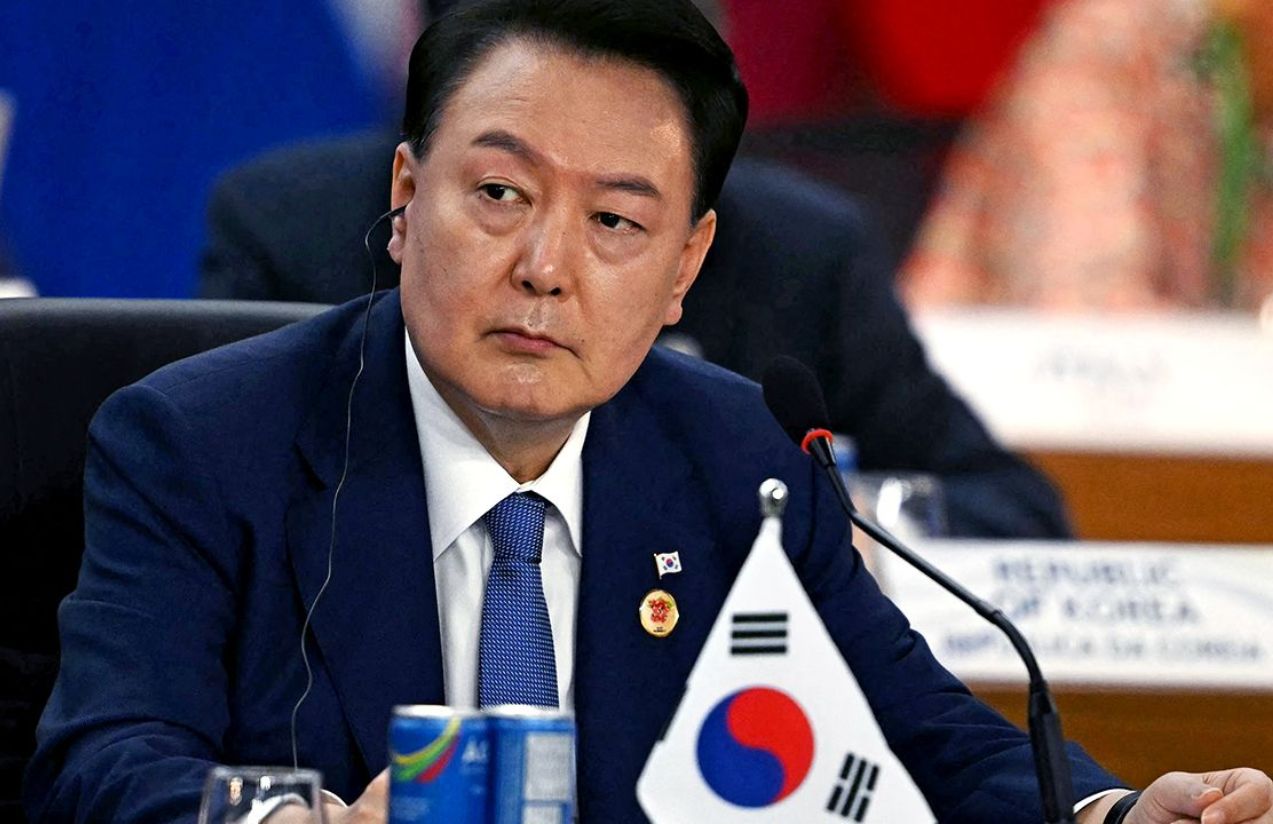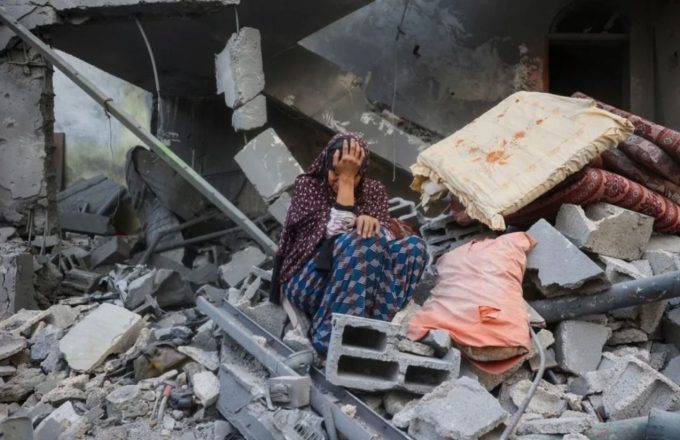A South Korean court on Thursday approved a new arrest warrant for former President Yoon Suk Yeol, who is accused of unlawfully imposing martial law last December. The decision comes after a special prosecutor argued that Yoon could destroy crucial evidence related to the case.
The warrant was issued by the Seoul Central District Court, which ordered Yoon back into a detention center near the capital. He had been released in March after the same court overturned a previous arrest warrant issued in January, allowing him to face trial without being in custody.
The case is being led by a team under Special Prosecutor Cho Eun-suk, which is pursuing additional charges including abuse of power, obstruction of official duties, and falsification of government documents. Yoon was interrogated twice before the formal request for his arrest was submitted on Sunday.
Yoon’s lawyers called the arrest request “excessive and unfounded,” though they did not immediately respond to the court’s decision. Yoon himself declined to speak to reporters as he entered the courthouse on Wednesday for a hearing that lasted about seven hours. He was then taken back to the detention center to await the ruling.
The former conservative leader could be held for up to 20 days while prosecutors prepare additional charges. If formally indicted, Yoon may remain in custody for up to six months until an initial court verdict is delivered. If convicted, he would begin serving his sentence even as the case moves through higher courts.
The controversy dates back to December 3, when Yoon imposed martial law, claiming liberal opponents were conspiring to block his agenda through their legislative majority. The order lasted only a few hours, as lawmakers broke through a military blockade around the National Assembly and voted to revoke the decree.
Yoon was impeached by lawmakers on December 14 and formally indicted on January 26 for orchestrating an attempted rebellion. Authorities described his actions as an illegal bid to seize control of the legislature and election offices and to detain political opponents — charges that could result in life imprisonment or even the death penalty.
He also faces allegations of bypassing legal procedures to declare martial law — including failing to consult with his cabinet — and of illegally using the presidential security forces as a private militia to resist an initial arrest attempt at his residence in early January.
Current liberal President Lee Jae Myung, who won the snap election in June following Yoon’s removal, approved legislation last month to launch a broad investigation into the martial law order and other alleged crimes involving Yoon and his wife.




















